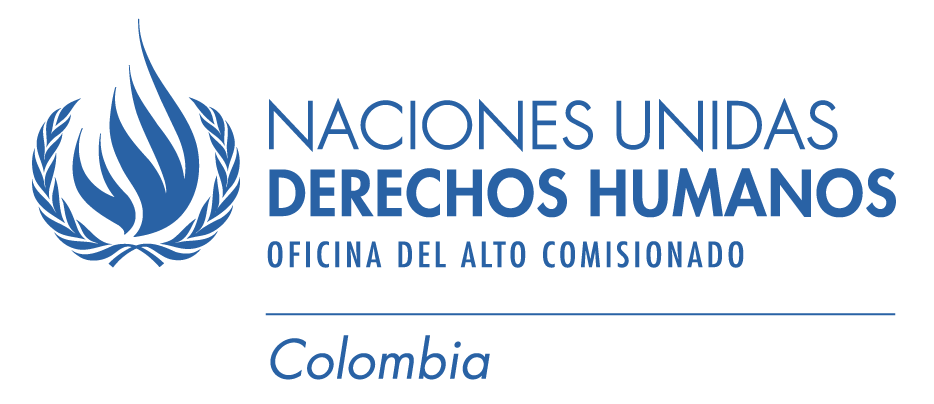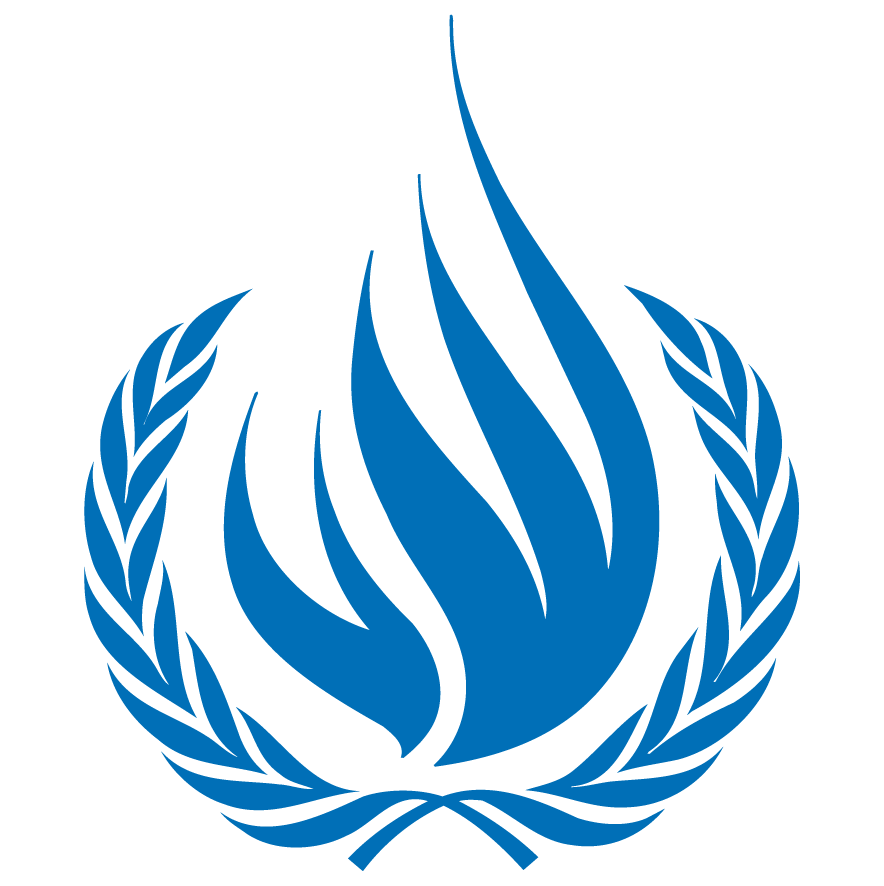CALI, Colombia — Colombia’s largest rebel organization has stepped up the recruitment of children to boost its weakened fighting units even as it talks peace with the government, according to child welfare workers, officials and community leaders.
Battered militarily, the Revolutionary Armed Forces of Colombia, or FARC, seeks to maintain a semblance of its old self as it negotiates with the government to end a half century of conflict. The government has the upper hand in the talks in Cuba, partly because of the billions of dollars in U.S. security assistance Colombia has received since 2000, but the flow of child fighters into the ranks of the FARC could give it some leverage.
“As the guerrillas suffer blows and more and more people desert from the FARC, the FARC has gone to the tactic of recruiting children,” said Alma Viviana Perez, who heads the Colombian president’s office on human rights, which among other things works to prevent the recruitment of underage fighters. “They look to replace the men they lose to demobilizations and those who have fallen in battle.”
No one knows with certainty how many children are in the FARC, which the government says has as many as 9,000 fighters. But government officials, human rights groups and former child rebels say there are at least hundreds of underage fighters, if not thousands.
In the last dozen years, the government says it has attended to more than 5,000 children who have left Colombia’s armed groups, most of them from the FARC. And about 500 children, the bulk of them from the rebel group, are now in special government-run orphanages for former underage fighters.
“It’s a silent tragedy where there are no hard statistics, no numbers on how many children there are in war,” said Maria Fernanda Cruz, who oversees programs to stem the recruitment of child fighters for Mercy Corps, an international group operating in Colombia. “But what we have found is that over three years until now the phenomenon has become more and more pronounced.”
The FARC commanders who have been negotiating in Havana with the government of Colombian President Juan Manuel Santos have publicly denied committing war crimes. But the group has long been more nuanced about the recruitment of children, saying that teenage fighters join to escape grinding rural poverty.
Carlos Torres joined at 16, prompted by his mother’s inability to care for him.
“This took the weight off my mother’s shoulders, since I was the oldest child,” said Torres, now 20, explaining that his mother had trouble caring for seven children. “So I left home, and that freed up my mother and she could better take care of the others.”
But child welfare advocates say there is no such thing as joining voluntarily, as FARC commanders contend. Children in rural Colombia are under pressure, they say, and are too young to understand what they are getting into.
‘Guns and adventure’
Natalia Springer, a Colombian researcher who spent four years compiling a report about child guerrillas, said children in many regions grow up seeing the FARC as the de facto authority. In her study, called “Like Lambs Among Wolves,” Springer found that 50 percent of adult FARC fighters entered the group as children.




